In both the Old and New Testament, fasting is not only seen practiced but commanded of God's people. In the Orthodox church, we have several periods in the year in which we fast, most notably the fast of Lent before the Feast of the Resurrection, and the fast that precedes the Feast of the Nativity (Christmas).
In doing this, the Orthodox Church is following the traditions set down in the Holy Bible regarding fasting. While many Christian denominations believe in and profess the importance of fasting, scheduled communal fasts have all but disappeared from the majority of faiths. In doing so, the argument is made that Christ commanded those who fast to fast in secret, and so fasting is something that should be done only on an individual level according to the desires and needs of the person alone.
However, the fact that fasting should not be done in a hypocritical showy manner, does not negate communal fasting. It is the same principle as when our Lord Jesus commanded prayer and charity to also be done in secret. Despite this command, we do not see anything wrong in praying together in Church. In the New Testament, we see that the disciples, "Raised their voice to God with one accord" (Acts 4:24). Was their prayer in violation of Christ's command to pray in secret? By the same token, while individuals may fast from time to time, this does not negate a general fast shared by the community of believers.
In the Coptic tradition there are two levels of fasting depending on the season:
Completely vegan fast (as in Lent, Jonah's Fast, and Wednesdays and Fridays)
Vegan fast with fish permitted (as in the Nativity Fast, Apostles' Fast, and St. Mary's Fast)
In addition to a change in what is eaten, there should be a period of abstaining from food and drink entirely for a part of the day as the individual is able and under the guidance of his or her spiritual father
Each member of the church is expected to keep the fasts as they are able, with the guidance of their spiritual father. The very young and sick are typically exempted from fasting.
Fasting is one tool that is available to us that allows us to learn the virtue of discipline and self-sacrifice. In the same way we are able to deny ourselves of certain types of food for a period of time,

